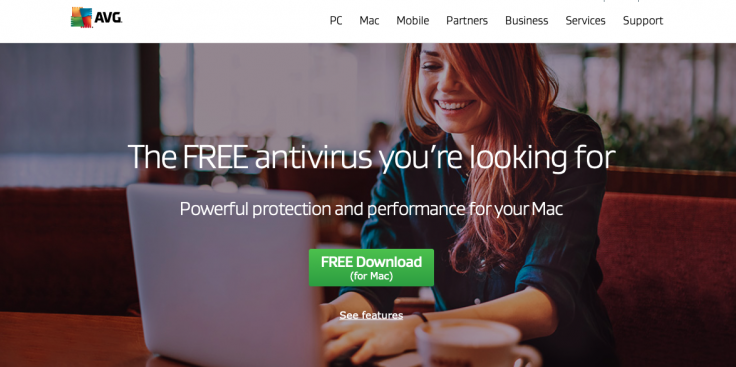Avast, the most popular free antivirus software solution provider around the world, has allegedly garnered and sold users' data to technology biggies, including Amazon, Pepsi, Yelp, Microsoft, and Google. The data was reportedly collected from the users' machines having Avast and AVG antivirus software and accepted the data collection condition while installing the software.
A joint investigation by Vice's technology website Motherboard and PC Mag has dug out from a report by Adblock Plus developer and security researcher Wladimir Palant in October 2019 citing that both Avast online security extension and the AVG Secure Browser spy on users to collect valuable user behavior information from 1,600 categories from more than 150 websites.
According to Avast, the collected data is sent to Jumpshot, a startup they acquired in 2013. The data was, however, sold off later to a bunch of third-party companies. The list of companies that bought such data includes some massive name including Microsoft, Amazon, Google, Netflix, Yelp, Pepsi, and Walmart.
Following the discovery in the Adblock Plus Creator, Palant reported the issue to many internet browser developers including Mozilla, Opera, and Google, to remove the access to Avast's offered extensions.
The collected data includes users' detailed online behavior, including which websites they visited according to the order.
Avast and its sister concern AVG are well known in the cybersecurity industry. They have more than a billion users all over the world using its free-to-use tools. It includes users' gender, age, and other details and URL strings minus the users' personal identification information (PII).
Reacting to the investigation, Avast said in a statement that, "because of our approach, we ensure that Jumpshot does not acquire personal identification information, including name, email address, or contact details, from people using our popular free antivirus software".
The company added that while installing its free-to-use solutions, a user can disagree with sharing data term for all new downloads of its Antivirus software starting in July 2019.










